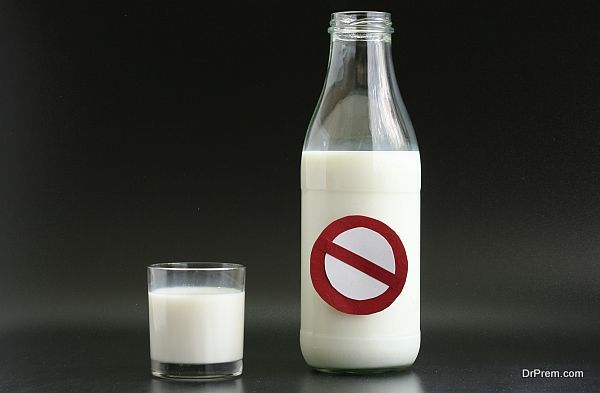Many people are allergic to things like plants, flowers, dust, and several other things. There are also people who cannot eat dairy products because they are allergic to them. Milk allergy is a common problem in children, especially teenagers. Milk is rich in proteins, calcium, and fats, which are essential for the growth and development of people, especially kids.
Children with milk allergies can experience a severe reaction from milk. While cow’s milk is the major cause, people may have reaction from all mammal’s milk.
Understanding the allergy
The effects and symptoms of lactose intolerance may vary person to person. People who have weak immunity can experience instant reaction, and people with strong immunity may experience a delayed reaction. People may experience problems like hives, vomiting, and wheezing immediately after consuming milk. Other symptoms can include diarrhea, abdominal cramps, loose stools, runny nose, watery eyes, skin rashes, and more.
Causes and effects
In most cases, milk allergy can be caused by an immune system malfunction. In this, immune system of an individual can identify the harmful products in the milk and can start to reject them, which in turn causes reaction and abdominal cramps. Whey and casein are two major proteins present in cow’s milk that can cause an allergic reaction in human. Casein protein found in solid part of the milk that is curd. Whey is found in the liquid part of milk. A person may have allergy from one or both types of proteins.
It can have multiple effects on the health of an individual as a person can experience frequent loose stools that can contain blood. This can lead to problems like diarrhea and this can be life threatening. Patient may experience intolerable pain and cramps in his abdominal, which can affect his food intake. Most of the time, it becomes very severe and can lead to immediate medication. Milk is the rich source of protein, calcium, and fats, people with this allergy can have weak bones, protein, and vitamin deficiency. This can also affect the growth and development of an individual.
Diagnosis and treatment
The allergy can have different affects in babies and adults.
In infants
It is easy to diagnose a problem in adults as they can tell what problem they have. But, is very difficult in the case of infants as they are very small and cannot communicate effectively. A person can have milk allergy in any age, even in their initial years. Milk allergy is more common in infants as they experience it immediately. Milk allergy can cause an infant to be fussy and irritable. It can also lead to upset stomach and other major problems. Infants who are breastfed have low risk of getting allergy from milk.
If you find your child with milk allergy, then it is better to see a doctor immediately. After knowing about the medical history of your family he will suggest you what to do. Tests like stool tests, and skin test can diagnose the problem. The treat may include avoiding of milk products. Doctor can guide you better about other source of protein, calcium, and fats.
In adults
It is easy to diagnose the milk allergy in adults. If they experience any symptoms immediate after consuming milk then they can see a doctor. Skin test, loose stool test, and oral test can diagnose the problem. To protect yourself from this problem, it is better to avoid milk products.
Summary
Milk allergy is a common problem in infants, but can be diagnosed easily. In case of severe reaction, it is essentail to consult a doctor.








